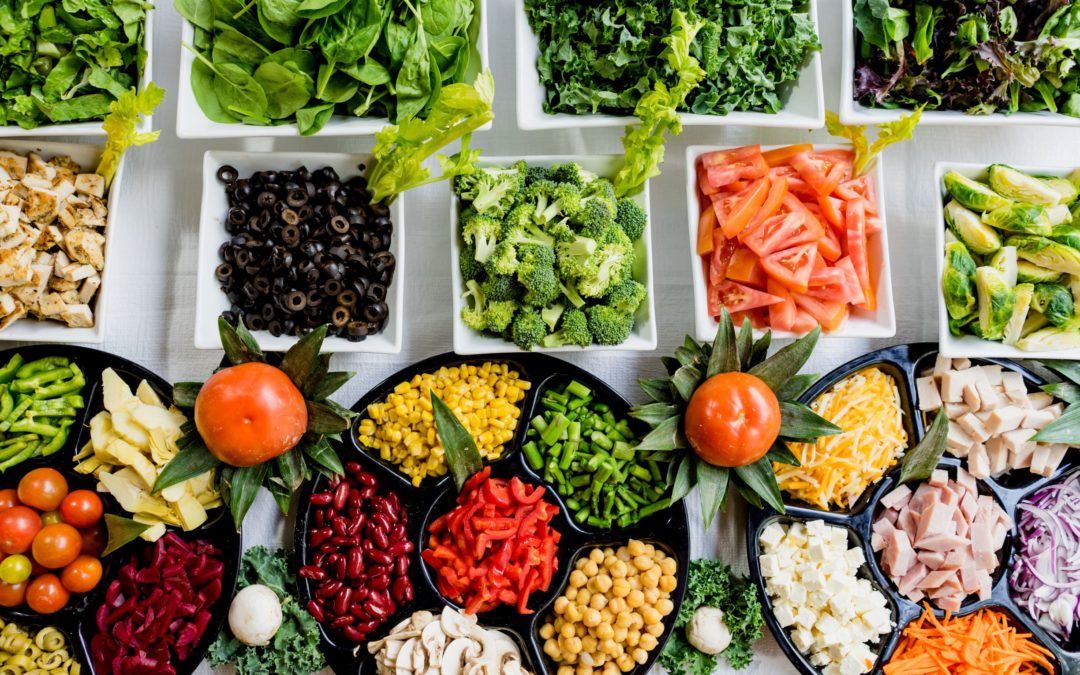Inflammation has been found to play a role in a startling number of diseases and conditions, including cardiovascular disease, cancer, diabetes, obesity, and autoimmune disorders, among others. The latest disease in which inflammation has been discovered to play a leading role is, of course, COVID-19.
The good news is that there are a variety of ways to fight and prevent inflammation and help maintain a healthy immune system, and all of them have to do with living in ways that contribute to greater overall health across the board. One of these many ways involves healthy eating—in particular, choosing foods that can help prevent inflammation throughout the body.
Here are some well-known “superfoods” that have been found to provide multiple health benefits and possess anti-inflammatory properties:
Extra-Virgin Olive Oil
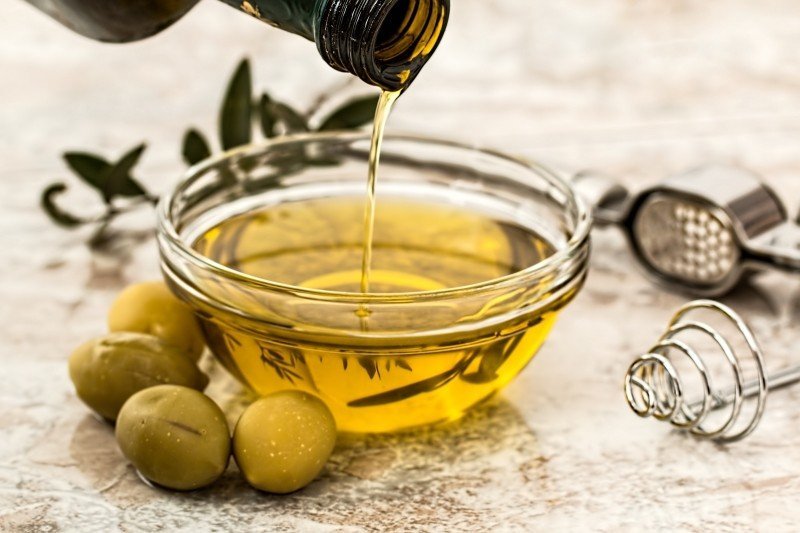
Photo on VisualhuntA staple of the heart-healthy diet, olive oil (particularly in extra-virgin form) possesses nutrients with antioxidant properties that can combat and help prevent inflammation. Multiple studies have found that dietary intake of olive oil is associated with a lower risk of cardiovascular disease.
Salmon and Other Fatty Fish
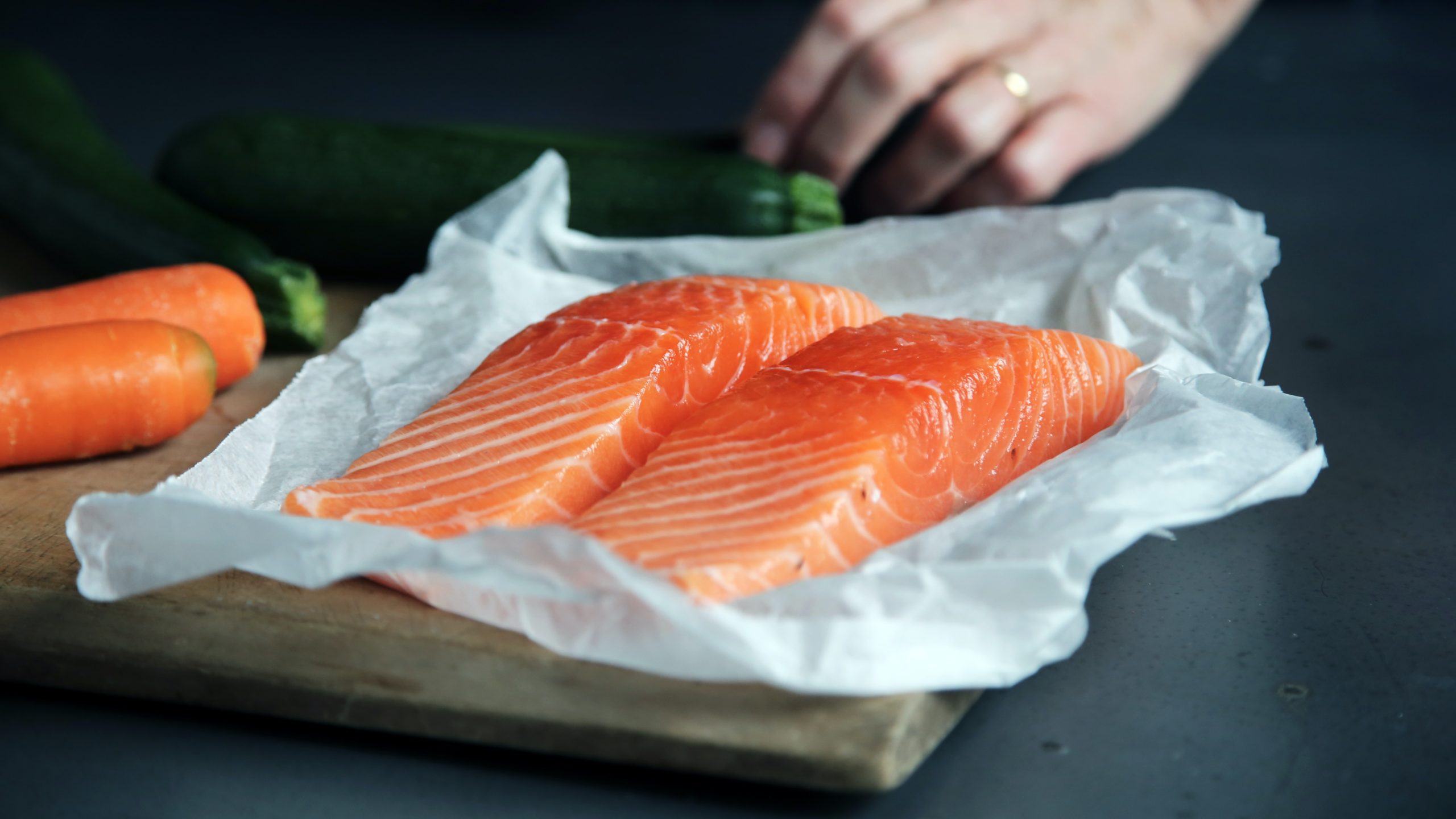
Fish that are high in omega-3 fatty acids, like salmon, trout, tuna, mackerel, herring, and sardines, are part of a heart-healthy diet and benefit the brain and lungs as well. According to the Arthritis Foundation, they may even help calm the inflammation that causes arthritis, due to their ability to inhibit the action of immune cells and enzymes that contribute to the body’s inflammatory response.
Green, Leafy Vegetables
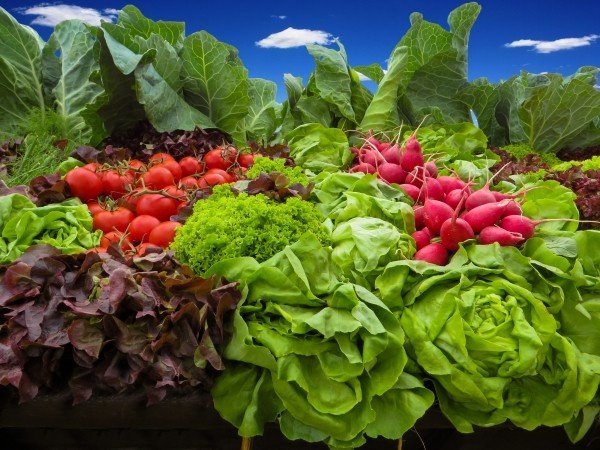
Photo on Visual HuntDark green vegetables like spinach, broccoli, kale, and collard greens contain alpha-linolenic acid, a type of omega-3 fatty acid that inhibits inflammation, as we saw with the fatty fish noted above. They also contain a number of vitamins that are known inflammation-fighters, like Vitamin A, Vitamin D, Vitamin E, and Vitamin K.
Tree Nuts
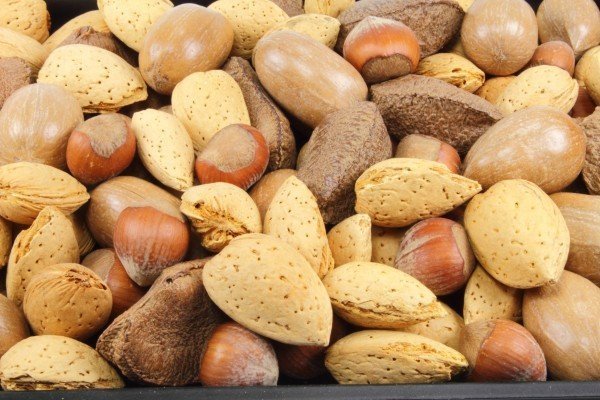
Photo on VisualHunt.comCue in alpha-linolenic acid (ALA) once again—just as with green, leafy vegetables, many nuts and seeds, like almonds, walnuts, and pecans, are high in ALA. These nuts also contain a good amount of magnesium, Vitamin E, and L-arginine, which can also help inhibit inflammation throughout the body. Make sure you look for unsalted nuts so as not to tax your heart or increase your blood pressure with excessive sodium.
Berries and Cherries
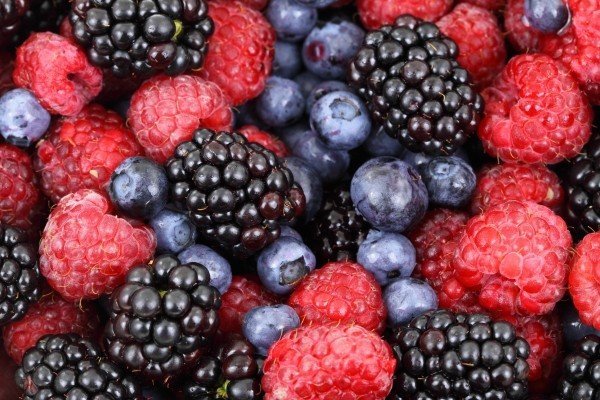
Photo on Visualhunt.comBlueberries are perhaps the most famous of this food group for their “superfood” properties, highlighting how rich they are in antioxidants and anti-inflammatory nutrients. However, strawberries, cherries, raspberries, blackberries, and just about any other kind of berry you can think of are also good inflammation-fighters.
These fruits make up part of a heart-healthy, balanced diet, and are full of essential vitamins and nutrients. They also contain fiber, and are naturally sweet, so they can be guiltlessly enjoyed by those with a sweet tooth!
Beans and Legumes
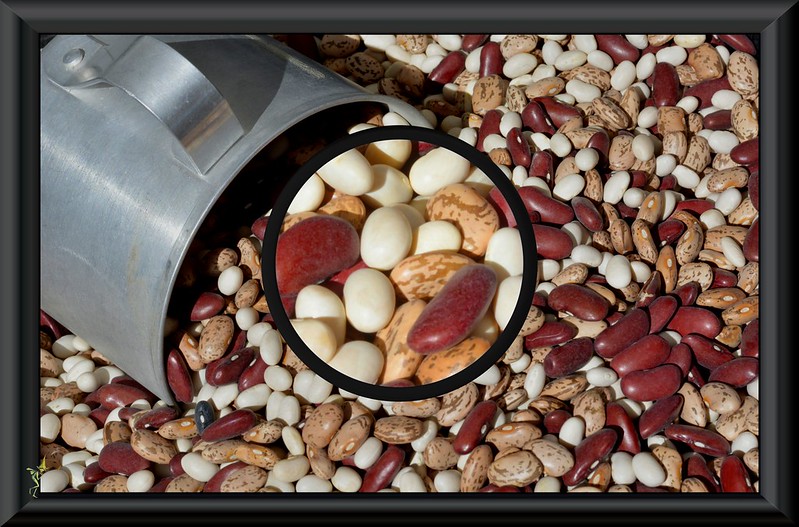
Photo credit: Scott 97006 on Visualhunt / CC BYNot only are beans and legumes high in fiber, which can help reduce LDL (“bad”) cholesterol levels and decrease cardiovascular risk, but they are also high in anti-inflammatory compounds and antioxidants. Studies have found that eating more servings of beans and fewer servings of red meat decreases the risk of heart attack and stroke. Ideally, you should aim for a serving of beans or legumes (e.g., pinto beans, red beans, chickpeas, lentils, black-eyed peas) every day.
Oranges and Other Citrus Fruits
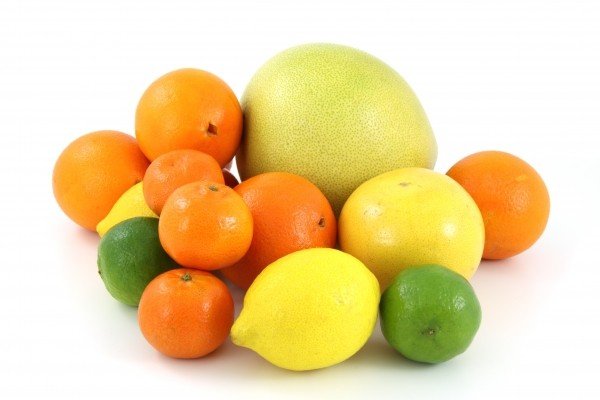
Photo on VisualhuntWe all know that citrus fruits are high in Vitamin C, which is essential to a healthy immune system and for many other bodily functions, including the growth and repair of tissues throughout the body. Vitamin C is an antioxidant, too, and thus combats the damage caused by free radicals—molecules that are largely responsible for the aging process and may play a role in causing cancer, heart disease, and other inflammatory conditions, such as arthritis.
Citrus fruits contain a number of other vitamins and minerals that are essential for the body to function properly, including fiber and flavonoids, which also help in the fight against inflammation.
Want to learn more about how to keep your heart healthy? Sign up for my newsletter.
You may also be interested in reading:

